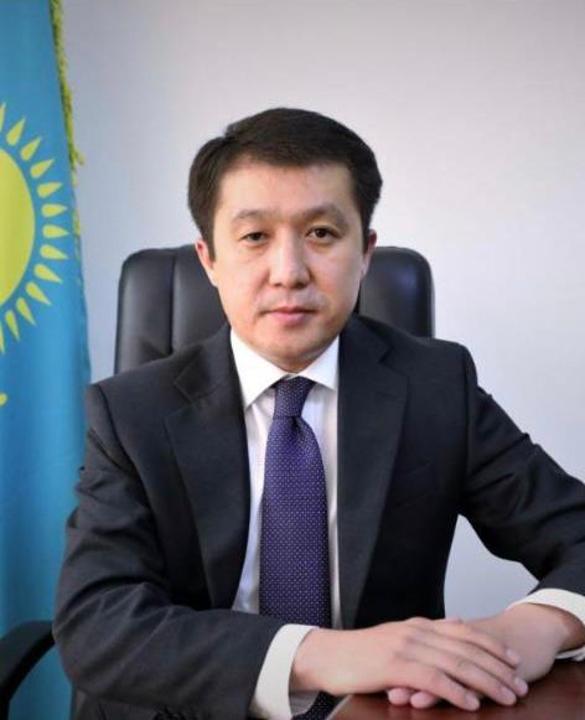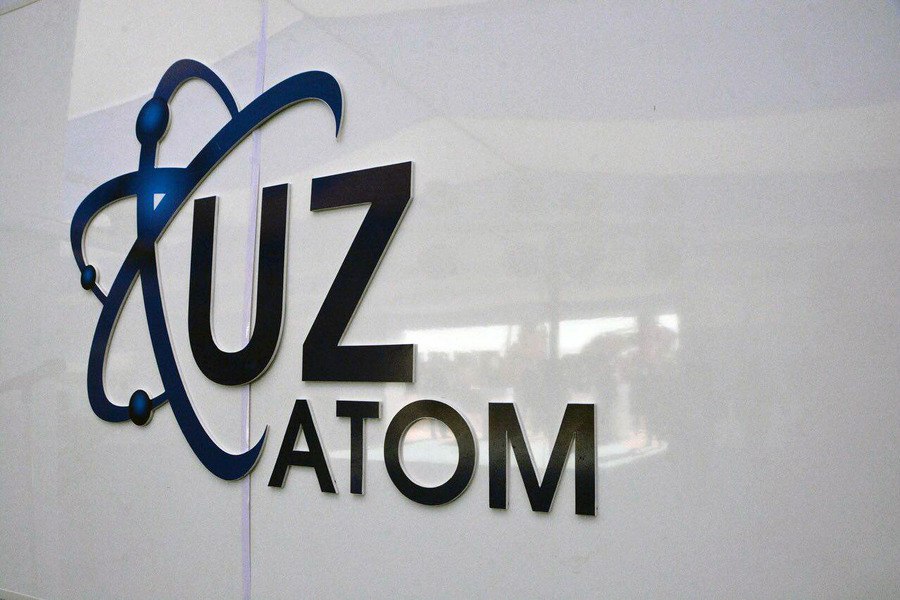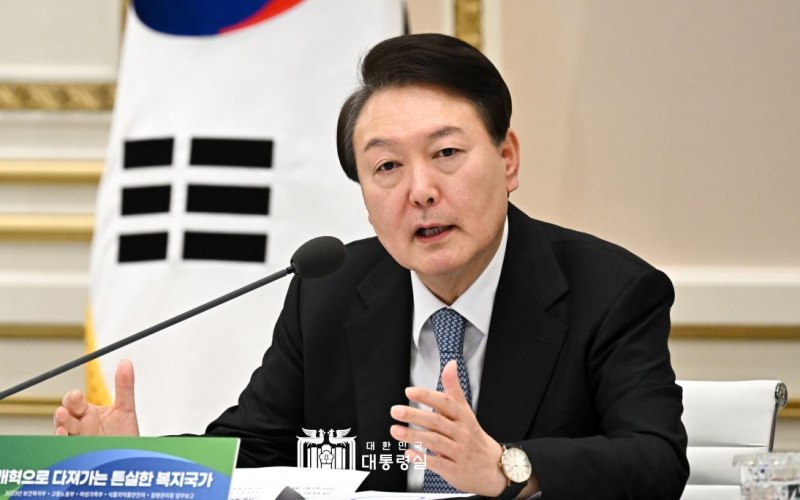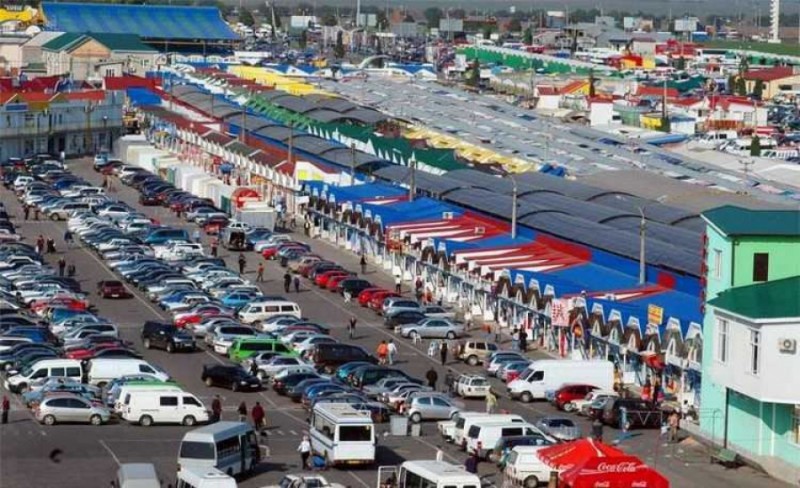How the Trans-Caspian Corridor will Revitalize Trade between Asia and Europe.
Kazakhstan's Transport Minister, Marat Karabayev has stated that geopolitical tensions are disrupting traditional logistics chains and jeopardizing global trade. As reported in an article published in the Chinese business publication, "South China Morning Post, " he claimed that developing the Trans-Caspian transport corridor is essential for increasing transit potential. Karabayev believes the Trans-Caspian international transportation route is an effective alternative to traditional maritime routes. The overland corridor connects Southeast Asia and China with Europe, crossing Kazakhstan, Azerbaijan, Georgia, and Turkey. Last year, cargo traffic along this route exceeded 2.7 million tons, up 86%. "Kazakhstan can play a key role here. As the largest country between Asia and Europe, it is an important transit hub for trade between the two continents. Kazakhstan accounts for about 80% of all land transit traffic from China to Europe,” said Karabayev. He noted that the Trans-Caspian corridor has undergone a steady development over the past decade. In recent years, geopolitical changes have given it additional impetus, especially since the number of container ships crossing through the Suez Canal in 2023, decreased by 67% and the cost of sea transportation from Shanghai to European countries has almost tripled in recent months. Given that overland transit would reduce costs and become a more viable logistical option, Kazakhstan is committed to improving infrastructure and terminal facilities, increasing rolling stock, removing administrative barriers, and creating favorable carrier conditions. "However, for the Middle Corridor to achieve its goals, we need the support and participation of other countries," advised Karabayev. "Austria, Germany, Latvia, Latvia, Lithuania, Estonia, and Hungary have expressed interest in joining the Trans-Caspian International Transport Route Association. The EU recently announced an investment of 10 billion euros ($10.85 billion). In addition, a roadmap for development until 2027 has been agreed with Azerbaijan, Georgia, and Turkey.”






